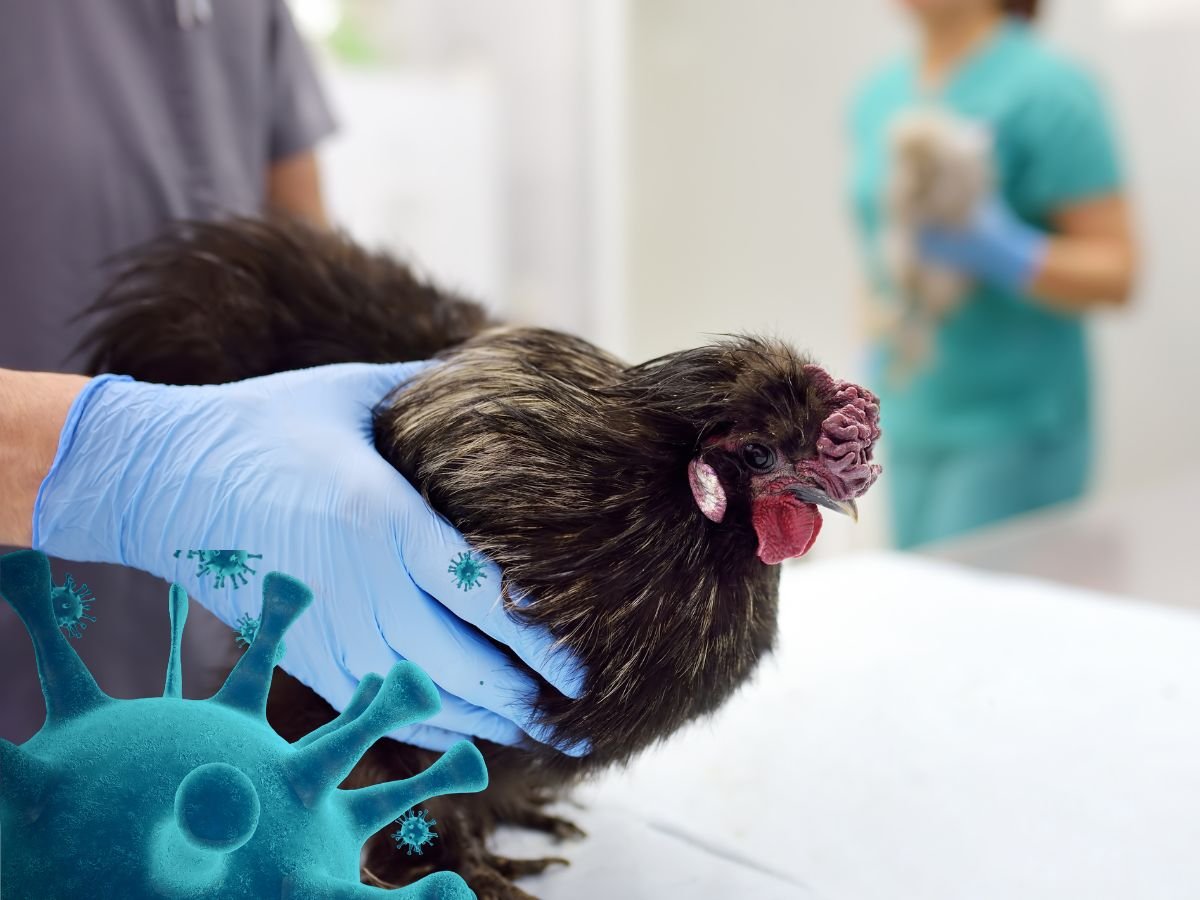New Delhi, 02 May 2025: In a concerning development, Andhra Pradesh has reported its first human fatality due to the H5N1 avian influenza virus. A two-year-old girl from Narasaraopet town in Palnadu district succumbed to the infection on March 16, 2025, after consuming raw chicken meat. This marks India’s second confirmed human death from H5N1, with the first occurring in Haryana in 2021.
Andhra Pradesh Reports First H5N1 Virus Case: Details Here
The child was admitted to AIIMS Mangalagiri on March 4, presenting symptoms including fever, breathlessness, nasal discharge, seizures, diarrhea, and reduced appetite. Despite intensive medical care, her condition deteriorated, leading to her demise 12 days later.
Initial tests indicated Influenza A infection, prompting further analysis by the National Institute of Virology (NIV) in Pune. On March 31, NIV confirmed the presence of the H5N1 virus, specifically identifying it as clade 2.3.2.1a—the same strain linked to India’s first human H5N1 fatality in Haryana in 2021.
Health officials traced the likely source of infection to the consumption of raw chicken meat on February 28. The child’s parents, who also consumed chicken but ensured it was thoroughly cooked, tested negative for the virus, suggesting no human-to-human transmission occurred.
In response, the Andhra Pradesh Health Department has initiated active surveillance in the affected area, conducting fever screenings and monitoring for unusual symptoms. So far, no additional cases have been identified, but surveillance will continue for two weeks to ensure containment.
The NIV has shared genetic sequencing data of the virus with the Global Initiative on Sharing All Influenza Data (GISAID), facilitating international monitoring of influenza virus evolution and transmission patterns. Phylogenetic analysis suggests that migratory wild birds or cross-border transmission routes may be contributing to the spread of this clade, underscoring the need for enhanced surveillance.
Broader Context and Implications
This case coincides with a significant avian influenza outbreak in Andhra Pradesh, where eight outbreaks have been reported in 2025, leading to the death or culling of over 600,000 birds. The convergence of human and avian cases highlights the potential for zoonotic transmission and the importance of stringent biosecurity measures.
Globally, H5N1 remains a virus of concern due to its high mortality rate in humans and potential for pandemic spread. The World Health Organization continues to monitor such cases closely, emphasizing the need for early detection, rapid response, and public awareness to mitigate risks.
How To Stay Safe From Bird Flu?
- Health authorities advise the public to:
- Avoid consuming raw or undercooked poultry products.
- Ensure thorough cooking of meat and eggs.
- Maintain hygiene when handling poultry.
- Report any unusual bird deaths to local authorities.
Seek immediate medical attention if experiencing flu-like symptoms, especially after contact with birds.
The Andhra Pradesh case serves as a stark reminder of the ongoing threat posed by zoonotic diseases and the critical importance of vigilance in food safety and public health practices.






